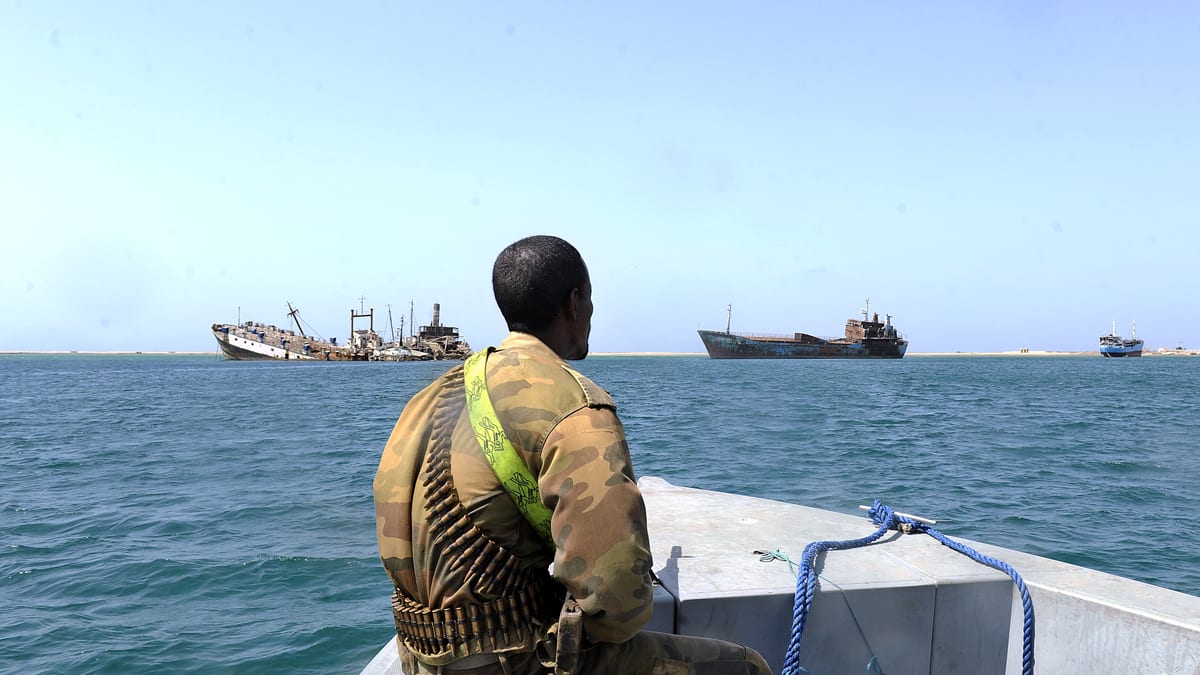
Cargo ships facing Attacks opt to change course
LONDON : Cargo vessels are being warned to be extra vigilant sailing near Yemen and Somalia after a spate of attacks on merchant shipping in the vicinity of Israel’s war in Gaza.
On Wednesday the UK navy issued a security notification warning of multiple reports of small vessels acting suspiciously in the Gulf of Aden, which connects the Red Sea with the Indian Ocean.
Houthis seized the Galaxy Leader car carrier on Nov. 19, while a Liberia-flagged chemicals tanker was targeted over the weekend. A containership was struck by a drone on Nov. 24. All reportedly have an Israeli connection.
At least four other suspicious approaches to ships in the Indian Ocean have been reported in recent weeks.
The US Department of Transportation Maritime Administration issued an alert on Monday urging “caution when transiting these areas and remain cognizant of evolving threats in this region.”
The burst of activity risks disruption of a route that’s critical to global trade in everything from commodities to holiday toys. The waters in question are unavoidable for ships transiting the Suez Canal.
According to the latest data compiled by the International Monetary Fund, the seven-day moving average of ships crossing the canal each stood at 78, up from 72 a year earlier.
Some operators are sizing up the risks and opting to take other routes.
Zim Integrated Shipping, the Haifa, Israel-based container carrier, said this week it’s re-routing some of its vessels as a safety precaution. Heightened safety risks forced Zim to charge a “war risk premium” ranging from $25 to $100 per 20-foot container unit on some of its services.
Yesterday Maersk cited safety reasons for diverting two ships in the Indian Ocean facing “unforeseen and unavoidable circumstances,” though the Copenhagen-based company didn’t mention specific threats. “The temporary route diversion is anticipated to result in a delay exceeding one week from the initial delivery schedule,” it said.
Over the longer term, firms may rethink routings to either sail around the southern tip of Africa — which adds 10 days to voyages — or go through the Panama Canal and add 11 days, according to a research note this week from S&P Global Market Intelligence.
Other options, it said, were rail routes from Asia “which may require transit through Russia.”

